US intervention: Washington calls for urgent political reform after top legal body dissolved
The United States has expressed its concern about Tunisian President Kais Saied's decision to dissolve the country's main legal watchdog, the Supreme Judicial Council, and to stop judges from having access to their offices.
"An independent judiciary is a core element of an effective and transparent democracy," State Department Spokesman Ned Price said Monday.
"It is essential that the Government of Tunisia holds its commitments to respect the independence of the judiciary, as stipulated in the Constitution," he added.
Saied dissolved the Supreme Judicial Council on Sunday, accusing the judges of bias and corruption, but critics see the move as part of his efforts to lead the country towards authoritarian rule after his July seizure of powers.
On Monday, police locked the headquarters of the council after the judges had vowed to ignore, what they called, the illegal decree and carry on working.
In another familiar move of intervention in North African countries, the US also called for urgent political reform in Tunisia that promotes "the inclusion of diverse voices representing political parties, civil society and unions, particularly in the ongoing national consultations, and that ensures the continued respect for Tunisia's human rights", Price claimed.
Price also stressed that economic reforms were also needed "to stabilize the financial situation and address Tunisia's growing economic challenges."
His remarks come as Tunisia's debts have hit almost 100 percent of its GDP, which shrank nearly nine percent in 2020, the worst rate in North Africa, only modestly offset by a three percent bounceback in 2021.
On July 25, the Tunisian president dismissed Prime Minister Hichem Mechichi and suspended parliament for 30 days, in a move denounced as a "coup" by the biggest political party Ennahda. The Tunisian president said at the time that his decision was meant to "save Tunisia, the state, and the Tunisian people," in the midst of growing public anger and protests against the government's handling of the COVID-19 pandemic.
Following his takeover, Saied dismissed several ministers and top officials, and announced a crackdown against corruption.
On September 29, Saied appointed Najla Bouden Romdhane, a little-known university professor, as the country's prime minister.
Saied's seizure of power initially appeared to win broad support among Tunisians amid an economic and the public health crisis, but it later caused growing opposition, even from major domestic players who were initially supportive.
Last December, Saied announced a road map extending the suspension of parliament until new elections in December 2022 and called for a referendum on constitutional reforms in July.
Iran says committed to regional security; retaliatory attacks only target Israel, US assets
'Blatant war crime': Iran denounces US-Israel strikes on Gandhi hospital in Tehran
IRGC spox: 650 casualties for US military in two days as Iran missiles force aircraft carrier to fle
Tehran warns of false-flag operations, says Israel ‘undoubtedly’ seeking to widen war
New wave of attacks devastates key US base in Bahrain as Iran strikes back
Melania Trump chairs UN children's meeting as Iran buries kids killed in US-Israeli attack
Why Iran’s Leader refused special protection, leading from the front until last breath
Hezbollah strikes Israeli surveillance, military base in Golan Heights, occupied lands


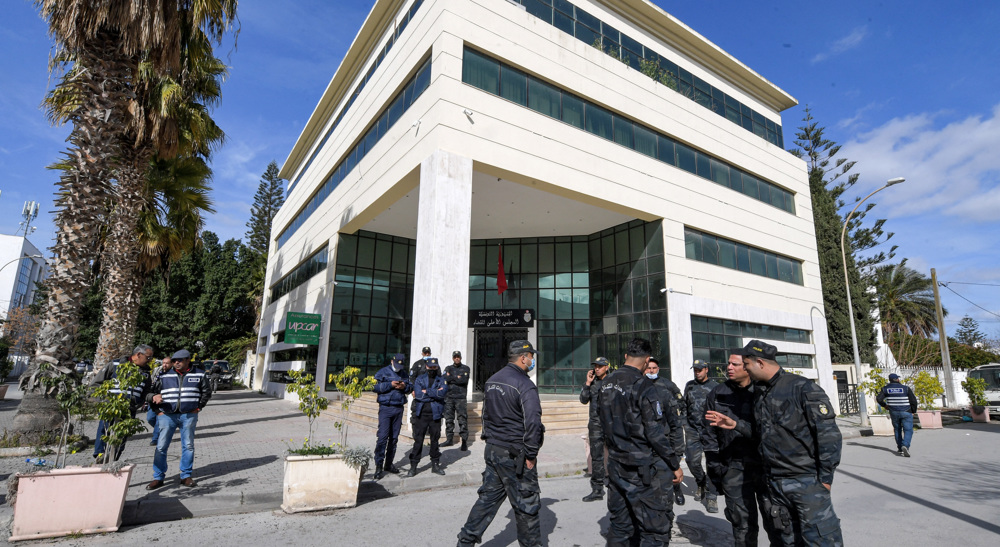
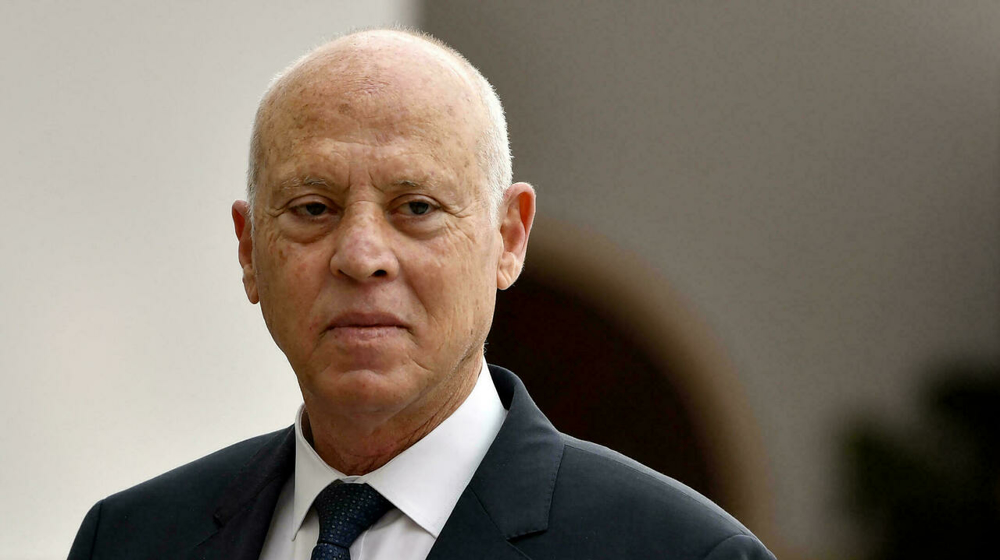

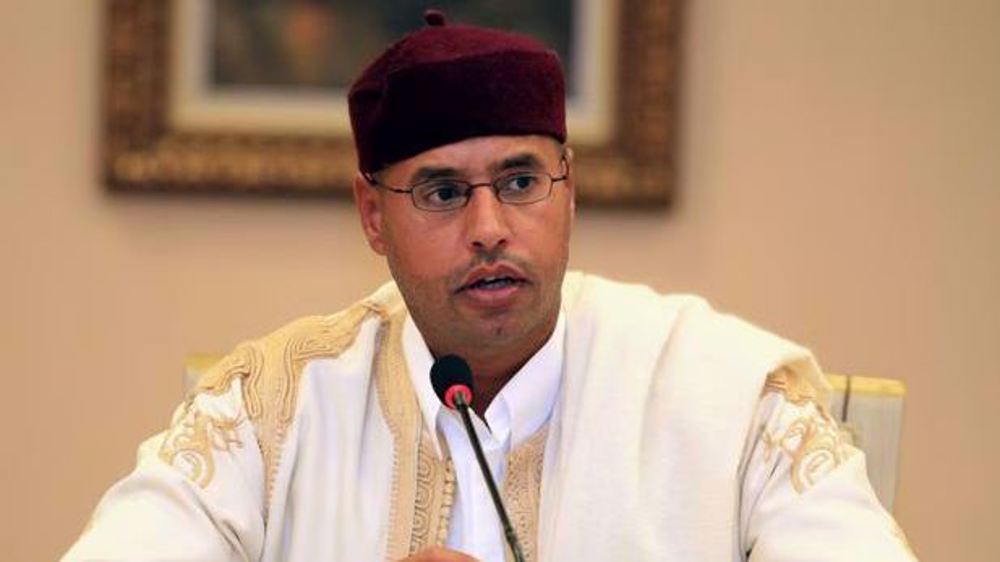
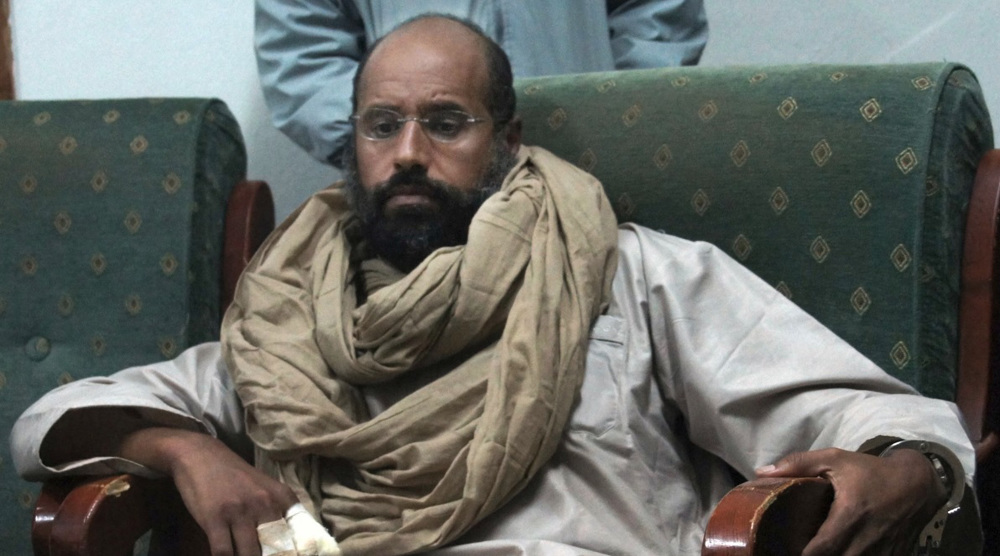



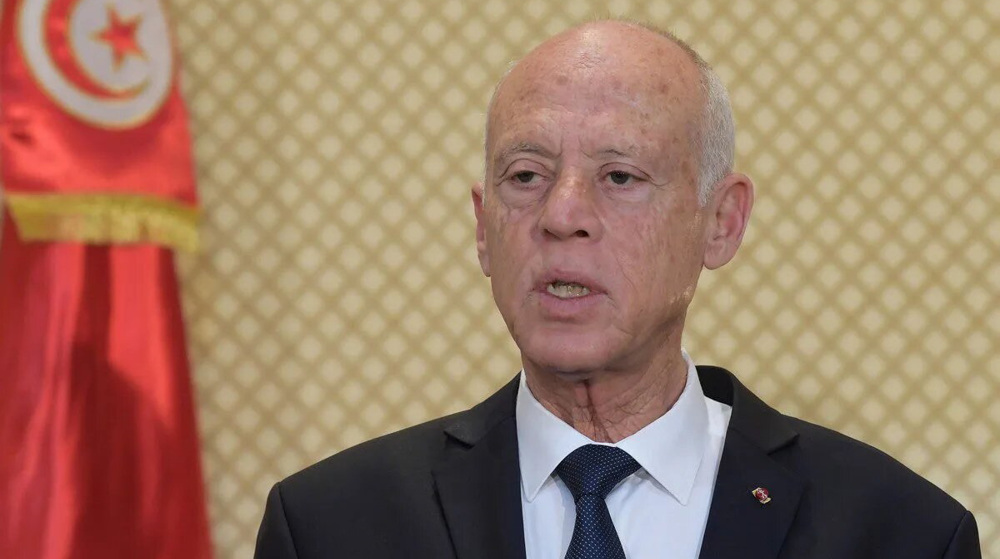
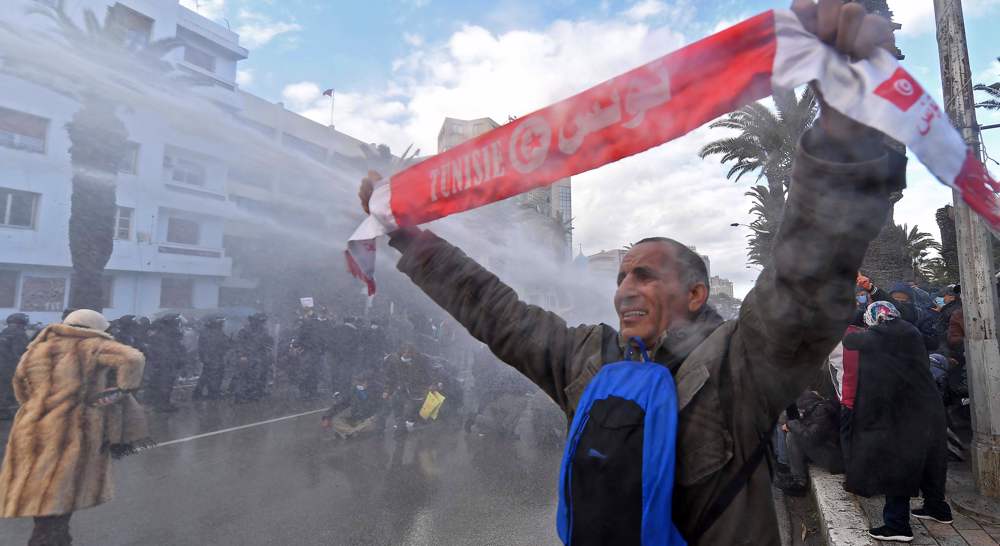
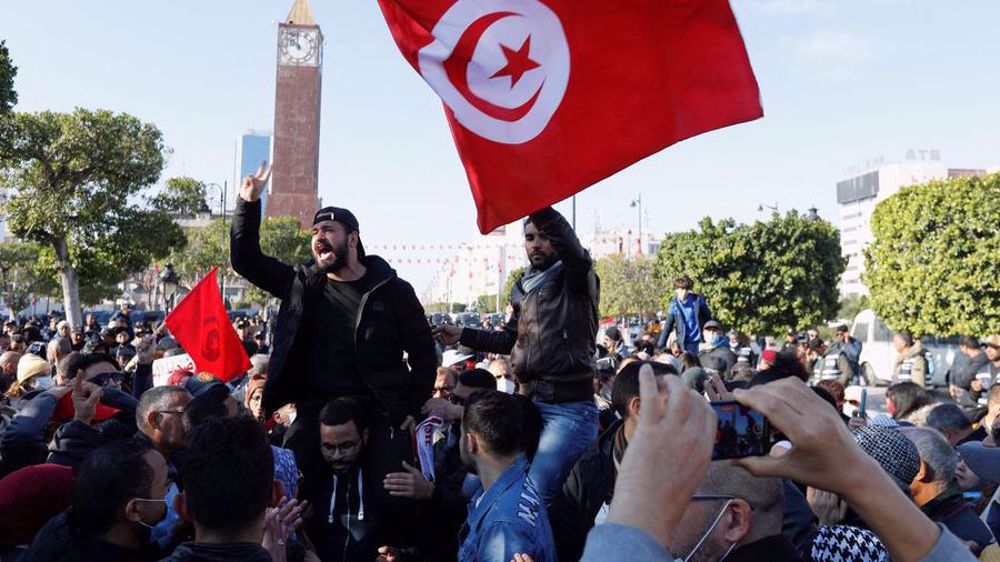


 This makes it easy to access the Press TV website
This makes it easy to access the Press TV website